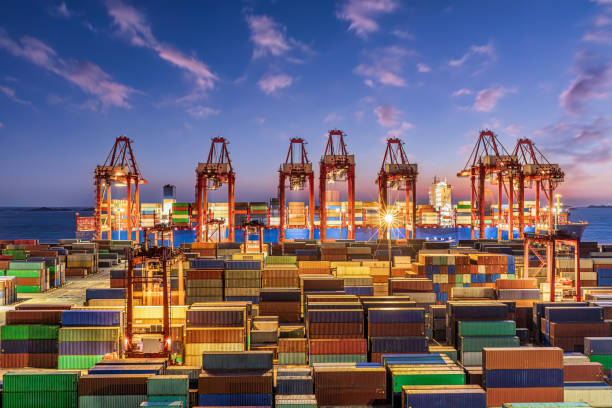Many eCommerce businesses choose China for shoe manufacturing because of its production capacity, competitive pricing, and wide variety. However, importing any kind of goods needs a well-defined strategy. Why is shoe one of the best products to import from China?
Factors making China a leader in shoe manufacturing
1) Cost-effectiveness
China can produce large quantities at a low cost per unit. This means significant cost savings for your business, increasing your profit margins, or offering your customers competitive pricing.
2) Manufacturing expertise
Manufacturing footwear is an age-old business in China. The skill is passed from one generation to another, which means you can get a wide range of capabilities, from basic to luxurious shoe designs, and the ability to handle complex designs efficiently.
3) Variety & flexibility
Chinese manufacturers can cater to different clientele, offering a vast selection of choices associated with materials, styles, and production techniques. This allows you to source shoes that match perfectly with your brand and target market. Besides, many manufacturers are flexible and keenly adapt to your specific design requirements.
How do you find reliable suppliers?
The success of your buy direct from China project will depend on choosing a trustworthy supplier. Online marketplaces connect you directly with many shoe manufacturers in China. You can even find Chinese boot manufacturers at trade shows. It allows you to assess the show’s quality and negotiate deals face-to-face.
Consider partnering with a sourcing agent, especially if you are importing for the first time. These professionals have good relationships with Chinese manufacturers. They represent your brand, find reliable suppliers, discuss pricing, and ensure proper quality control. It saves you time and resources while reducing the potential risks of navigating a new market.
Negotiate the deal
Negotiation is not only about the lowest price. It establishes clear communication, so outline your desired shoe specifications, quantity, lead times, and preferred payment terms. Price negotiations are crucial, but choose a supplier who prioritizes consistently producing quality shoes.
International Commercial Terms or Incoterms clarify who [buyer or seller] is responsible for the risks and costs associated with every transportation phase. Understand these terms, such as FOB or CIF, and negotiate accordingly.
Shipping & logistics
Shoes are bulky, so air freight is not a viable option due to high costs. The preferred sea freight method is full container load for large shipments or less than container load for smaller orders. Research and negotiate freight-forwarding costs beforehand. Factor in potential import duties and customs clearance procedures. The cost can differ based on the type and value of your shoes.
Quality assurance
Maintaining consistent quality control is hard when you operate from a remote country. It is wise to hire a third-party inspection agency. Aaron Li is the director of Maple Sourcing Ltd. The agency has trained inspectors who physically visit the factory site to verify quality and the production process.
If any defect is identified, they discuss it with you and the supplier and make sure that the discussed corrective actions are undertaken. This reduces the risk of receiving defective or poorly constructed shoes, which can dent your brand reputation.
Conclusion
Importing shoes from China offers a cost advantage and a broader selection. Successful importing requires thorough planning, prompt communication, timely payments, and fostering a long-term relationship with the supplier for a consistent flow of quality shoes in the future.

